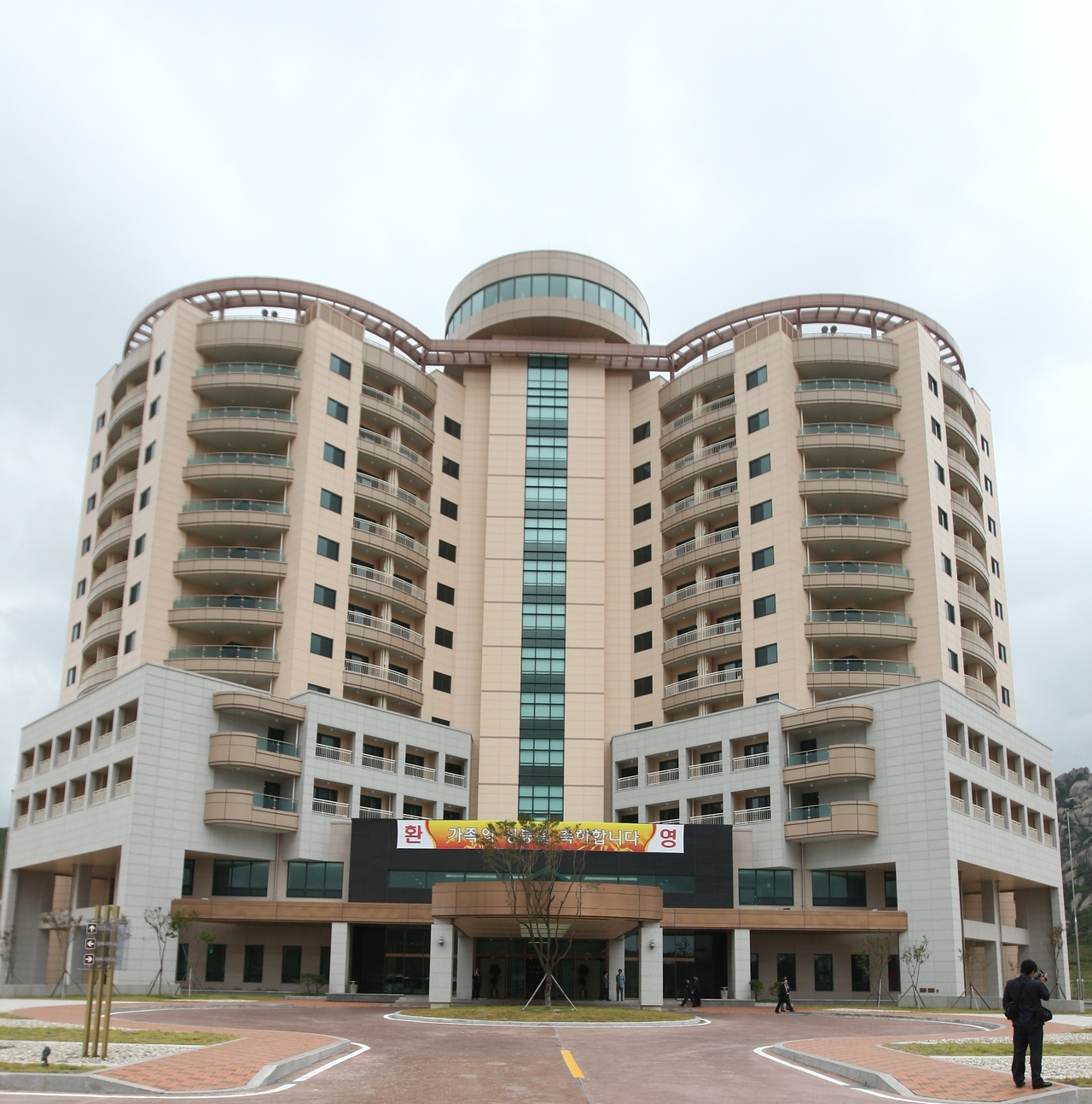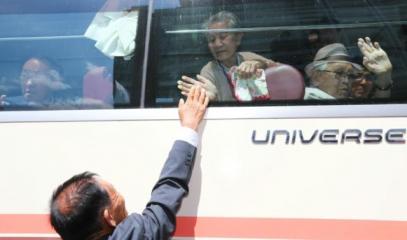Pyongyang demolishes meeting centre for families divided by the war
The Seoul authorities denounce the ‘inhuman’ destruction of a place with a strong symbolic value. A gesture that continues the policy of shelving any prospect of reunification between North and South. Over the years, the facility on Mount Kumgang had hosted reunions between relatives separated by the conflict for decades: the last meeting was in 2018.
Seoul (AsiaNews) - It would seem a minor event compared to the global and regional situation, which sees the North Korean regime engaged in legitimising itself on several fronts by focusing, once again, on the availability of highly respectable conventional military forces and on the missile and nuclear threat.
However, the demolition of the reunion and meeting centre for families divided by the war on Mount Kumgang, as reported by Seoul, has a strong symbolic aspect.
It is no coincidence that the South Korean authorities have defined it as ‘inhuman’ because it touches the depths of two countries divided by the armistice that, on 27 July 1953, put an end to three years of ferocious war that cost millions of military and civilian deaths with the intervention of their respective Chinese and US allies.
Pyongyang's unilateral action also symbolically closed any prospect of reunification. The lack of a peace treaty has not allowed a normalisation of relations; this situation has directly affected many thousands of separated families (130,000 registered on the South Korean side alone) who found themselves divided on both sides of the demilitarised zone on the 38th parallel.
The only chance they were offered to meet loved ones who were increasingly old (there are 36,000 still alive on the official lists) was to book one of the few reunion opportunities: about twenty, with a few dozen individuals at a time, organised since 1985 on the North Korean side of the armistice line, mostly in the reunion centre in a resort on Mount Kumgang. This space is financed by South Korea, as are all the necessary operations.
This initiative has always been very moving, but has been strongly affected by the ups and downs in relations between the two Koreas, with periods of closure and brief reopenings, and took place for the last time in 2018.
Certainly, if the symbolic meaning, perhaps the only one that still emphasises the belonging of two now separate entities to a single Korean nation and highlights its traumatic nature, time has made the initiative less relevant. To the point that currently in South Korea three quarters of separated families are unable to know if their relatives across the border are still alive.
On another level, while in the North the regime's propaganda continues to portray South Koreans as corrupt, sold out to capitalism and American interests, in the South the population is showing less and less interest in interacting with a ‘hermit country’ that is threatening and light years away from their democracy and lifestyle.
Moreover, since the victory of the conservative president Yook Suk-yeol (now under impeachment proceedings), the North has effectively cut off all official relations and declared South Korea its ‘main enemy’.








.png)










